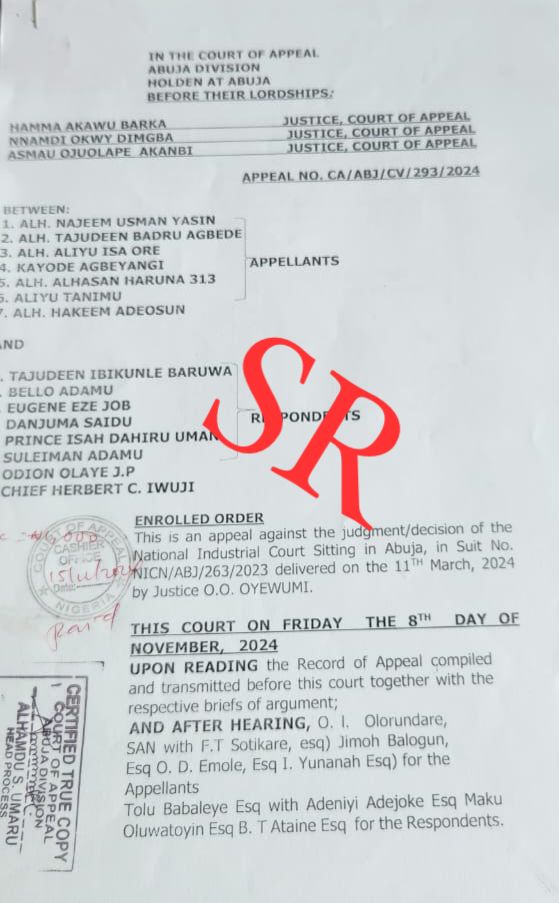
Lagos State Governor, Babajide Sanwo-Olu
Lagos State Governor, Babajide Sanwo-Olu, has approved the release of 56 inmates from various correctional facilities across the state.
In addition, the governor commuted the sentence of one inmate on death row to life imprisonment and granted pardon to another inmate.
The approvals, based on the recommendations of the Advisory Council on the Prerogative of Mercy, were signed by Sanwo-Olu on June 25, 2024.
This exercise aligns with the provisions of Section 212 (1) (2) of the 1999 Constitution of the Federal Republic of Nigeria (amended).
The state Attorney-General and Commissioner for Justice, Mr. Lawal Pedro, (SAN), in a statement made available on Tuesday, stated that “the Advisory Council on Prerogative of Mercy exercised due diligence in its deliberation of the applications in line with the applicable guidelines.
“The Council took into account the information provided by the correctional authorities, the nature of the offence, period of incarceration, age, health and behavioural conduct of the inmates.”
The release of the inmates is part of Sanwo-Olu’s ongoing efforts to decongest correctional facilities in the state, as part of broader reforms in the justice sector.
“This approval for the release of the inmates underscores Mr. Governor’s commitment to the decongestion of correctional facilities in Lagos State as part of the Justice Sector Reforms,” he said.
Pedro added that the governor’s decision reflects a balanced approach, considering the individual circumstances of each case while aiming to enhance the efficiency of the state’s correctional system.
“The council’s recommendations were based on a thorough review process that ensures justice and compassion, reflecting the state’s dedication to human rights and the rule of law,” Pedro said.
Sanwo-Olu’s actions are expected to contribute significantly to the improvement of the correctional system, ensuring it aligns with modern standards and human rights principles.

 4 months ago
6
4 months ago
6



![NAFDAC seals warehouse with expired products in Benue [PHOTOS]](https://dailypost.ng/wp-content/uploads/2024/11/20241115_200909-225x300.jpg)











 English (US) ·
English (US) ·